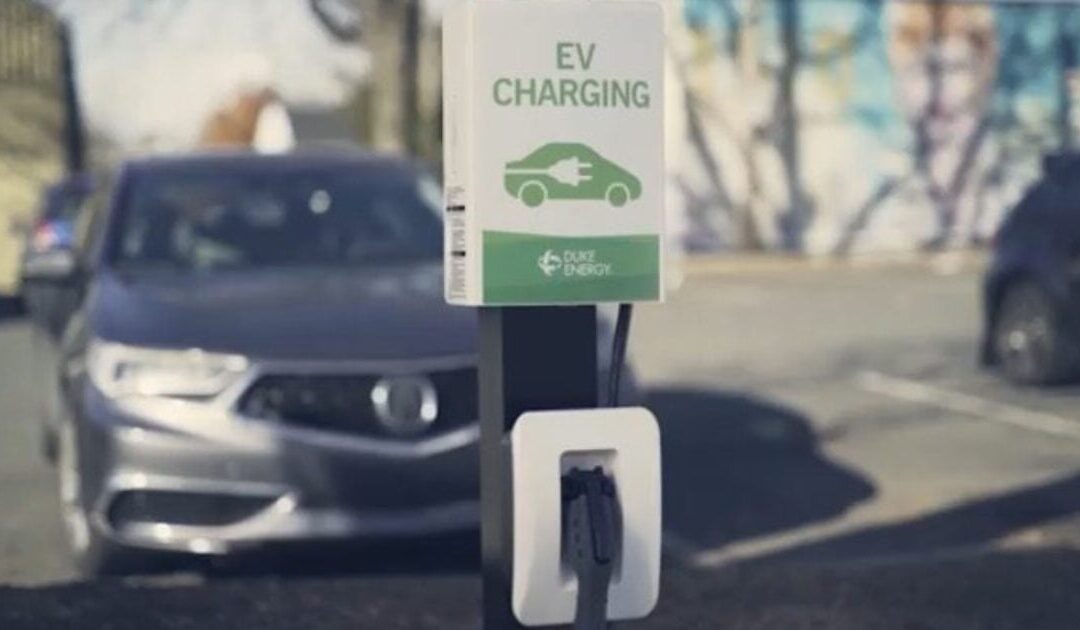Almost no one who objects to electric vehicles does so because he or she has an attachment to fossil fuels. The problem with EVs is that the most affluent segment of the population has developed an obsession with them. And this, like all obsessions, had made rational thinking impossible.
Fortunately, a market economy eventually forces all producers to face reality if they hope to stay in business.
On Thursday, Mercedes-Benz became the latest manufacturer to announce that its transition from combustion-engine vehicles to EVs had hit a snag.
“Mercedes-Benz continued its transformation in 2023, developing new cutting-edge electric and digital innovations, while scaling electric vehicles and delivering solid financial results,” CEO Ola Kaellenius said in a news release detailing 2023 financial results.
Meanwhile, Kaellenius explained what “scaling electric vehicles” really meant.
In short, he described the expected transition to EVs as full of “peaks and troughs,” according to Reuters.
“We want to make clear to customers and investors that we will make use of strategic flexibility,” the CEO said.
According to Fox Business, that meant Mercedez-Benz would continue to manufacture combustion-engine vehicles into the next decade.
Less than three years ago, in July 2021, the automaker said it was “getting ready to go all electric by the end of the decade.”
“By 2022, Mercedes-Benz will have battery electric vehicles (BEV) in all segments the company serves,” the company said in a news release. “From 2025 onwards, all newly launched vehicle architectures will be electric-only.”
How quickly things change.
Coupled with a share buyback policy announced in the Thursday release, the news sent company stocks soaring by 5.9 percent, according to Fox Business.
The announcement by Mercedes-Benz followed similar concessions by other automakers.
For instance, last week, the Amazon-backed EV manufacturer Rivian announced that it would lay off 10 percent of its salaried workforce in light of poor fourth-quarter 2023 financial results and a bleak 2024 outlook.
Even the Biden administration intends to scale back its ambitious plan to require that EVs comprise 60 percent of all new car manufacturing by 2030, Reuters reported last week.
Alas, despite an estimated opportunity cost of 50 percent profit loss, the Ford Motor Co. appeared poised to make the same capital investment in EVs this year as it did in 2023.
Meanwhile, consumers in less-affluent areas have shown palpable indifference to the government-backed EV push.
And responsible company executives have recognized the trend. Last month, for instance, Toyota Motor Corp. Chairman Akio Toyoda predicted that EVs would never overtake gas-powered vehicles.
The deeper problem, however, has little to do with supply and demand. In truth, it has a spiritual component that makes it impossible to solve by rational means.
Wealthy liberals who live empty lives need purpose as much as anyone else. And they find that purpose in every gesture, no matter how small, that they believe helps “save the planet.”
Indeed, if climate change amounts to an existential crisis, as they think it does, then no gesture qualifies as small. And no demand on behalf of saving the planet strikes them as unreasonable.
Less-affluent people, on the other hand, remain too busy with the ordinary demands of survival and raising families to trouble themselves with gestures.
These are no mere generalities. In fact, according to a survey published last month, U.S. elites harbor radical views on climate change. And those views include an eagerness to impose authoritarian remedies at their less-fortunate neighbors’ expense.
Ordinary Americans, of course, have noticed. And probably for that reason as much as any other, they have resisted the push toward EVs.
This article appeared originally on The Western Journal.
The post Mercedes Pushes Back on Going All-Electric After Cold Hard Truth Kneecaps Plan appeared first on The Gateway Pundit.

